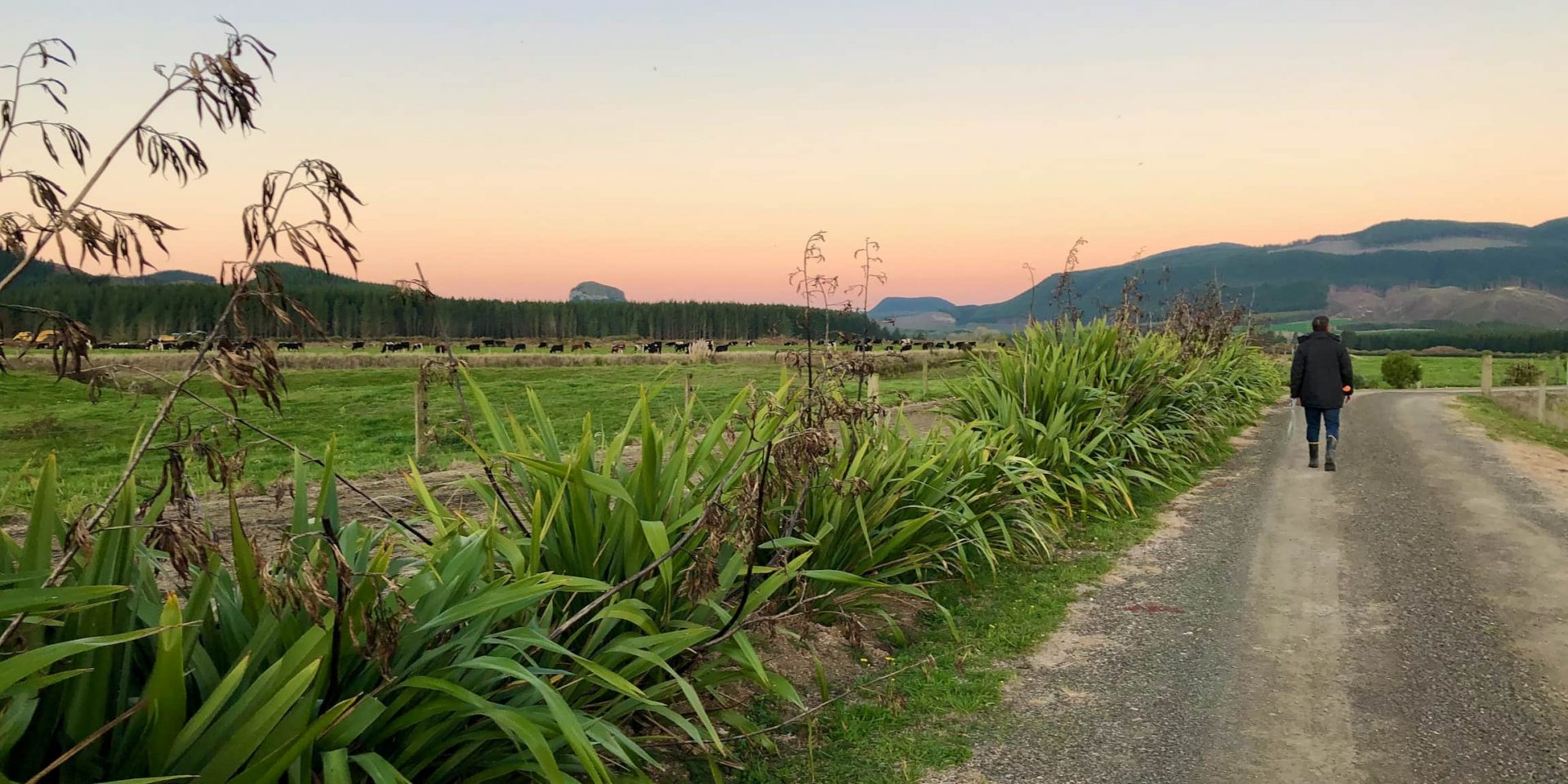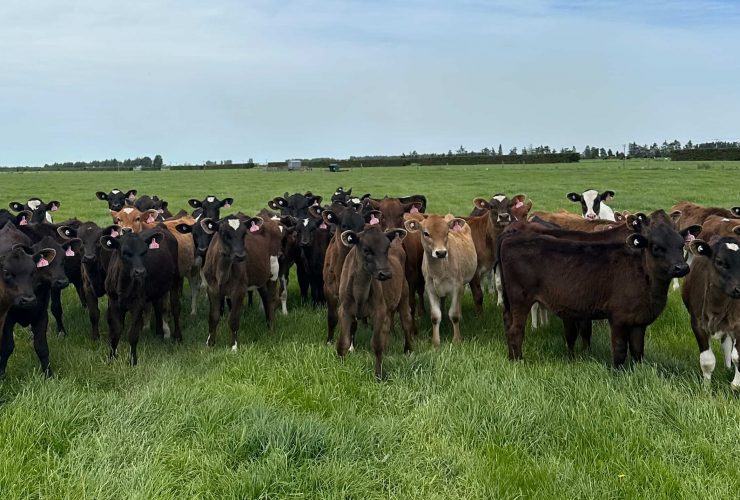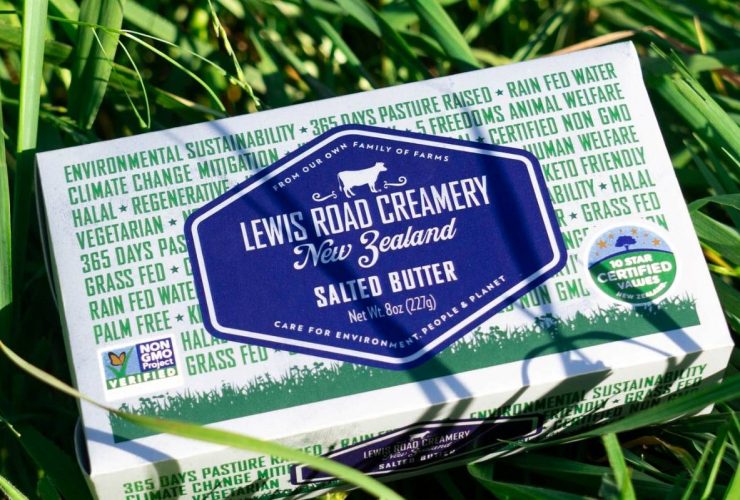Why food producers must stay focused on climate change
From foodticker.co.nz
The disruption and uncertainty caused by Covid-19 have certainly not evaporated, even though we may be starting to live less restricted lives. Further darkening the cloud of Covid and inflationary pressures on our economy, we now have the Russia-Ukraine war with its terrible loss of human life and its potentially devastating global economic impact.
We know that future generations will have to carry the costs of recovery. So, it is imperative that we don’t lose focus on the climate crisis and burden them with additional environmental costs at the same time.
Biodiversity loss, climate change and volatility pose a far greater existential threat to humanity than the current pandemic. Farms that produce more high-quality food each year with fewer inputs, that are resilient to climate volatility, are increasingly in our common interest.
It is for these reasons that at Southern Pastures we are continuing to push our sustainability commitments beyond what is currently required by New Zealand law and industry best practice. While New Zealand farmers are already the most efficient in the world, with a national dairy footprint that is one-third of the global average, I’m convinced that we must aim higher.
Southern Pastures own and operate 20 farms encompassing over 6,600 hectares of land in the North and South Islands of New Zealand. To meet our sustainability goals and reduce our carbon footprint we use products, tools and ideas that have been empirically proven, or we trial them on our farms alongside local universities, third party and government research agencies to produce peer-reviewed research.
We have captured and explained the way we farm for our consumers through our own independently audited 10 Star Certified Values program.
This is to assure consumers that our products, such as the Lewis Road Creamery 10 Star Export Butter (that has now been released in New Zealand as well, pictured), are traceable and authentic. This program is globally unique and covers our strict requirements across environmental, climatic, animal and human welfare.
Last year, all Southern Pastures farms achieved compliance with the 10 Star Certified Values program, and we’ve designed it in the hope it will become a trusted benchmark for others looking to pursue pastoral farming excellence.
The non-Southern Pastures farms that supply Lewis Road Creamery have also committed to not using PKE and so Lewis Road Creamery fresh white milk is – uniquely – guaranteed PKE-free. We also made a decision to be GMO-free and have the only non-GMO certified products approved for sale exclusively in New Zealand.
Achieving these sorts of milestones is far harder and more complicated than these short paragraphs might suggest. Having achieved them is not a reason to stand still and allow the distractions of a pandemic to take precedence. In 2020, we set a long-term objective to achieve actual – not traded, off-set, or purchased – carbon-neutral status on all our farms. We do not believe that buying carbon credits generated from mono-culture exotic forests planted on productive land is particularly beneficial for New Zealand or the planet.
Our intention, ultimately, is to go beyond carbon-neutral status and become a net extractor of atmospheric carbon. To become climate positive, in other words.
We have decided to not wait for a more settled market environment, nor for the emergence of complicated future technologies, to pursue these critical goals. Soil is an amazing and productive storage medium for carbon. Available farming techniques allow us to capture and store more carbon in certain soil types right now and to mitigate our climate change footprint. These techniques include zero or low-tillage, crop rotation, more and deeper-rooted pasture species, more riparian and retirement native plantings, reducing animal methane emissions, the introduction of beneficial species of earthworms and dung beetles and fostering soil biology.
There are many who would call this overall approach to farming and food production a ‘regenerative’ one. But the fact is we have started from a healthy baseline on many of our farms, so our focus is actually less on repairing or “regenerating” our land and more firmly on fixing the future. We prefer to call what we do “Inter-generative farming”, to show our commitment to a planet that we are, after all, only borrowing from our children.
There is a commercial imperative in all of this too.
As the links between food production and global megatrends, such as antimicrobial resistance, animal welfare, climate change and water stress are better understood, people want to know a lot more about the provenance of their food. Premium educated consumers around the world are increasingly seeking values-for-money rather than merely value for money when they purchase food. These are the consumers we have always sought to deliver to and believe that over time this trend will become mainstream.
We will do much more, as food producers, to advance the safety of humanity and to protect our own profitability, if we remain as focused on farming as a force for environmental good as we are on navigating the problems of the pandemic and scrambling for short term economic solutions.





